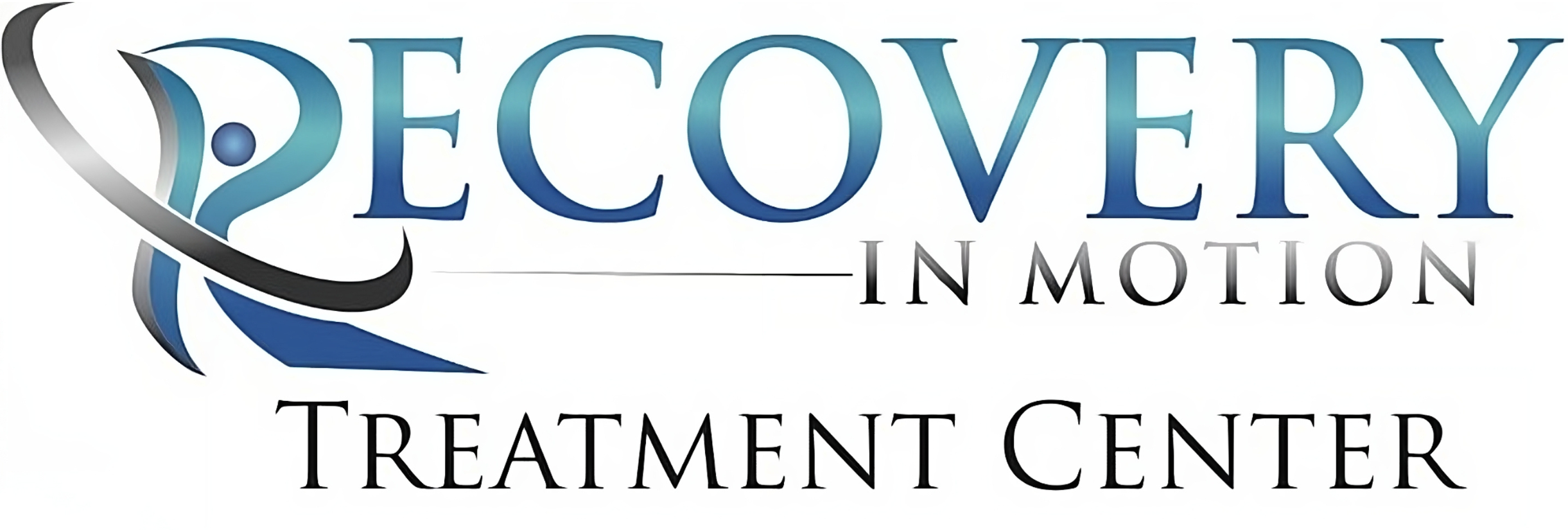Why are Dual Diagnosis Treatment Centers Important?
Addiction often comes with a stigma that patients are lazy or immoral. The truth is that addiction is a disorder of the brain. Just like bipolar disorder, post-traumatic stress disorder, or depression, addiction takes place in the brain. When two or more mental health disorders are present, a psychiatrist needs to diagnose each one. But […]
Questions to Ask Drug Recovery Centers During Admission
If you or someone you care about is willing to pursue a path in sobriety, an initial search for drug rehabilitation facilities will be needed There are numerous centers for addiction available to take you. However, each recovery center provides different types of care, methods of therapy and living settings. Ask prospective drug recovery centers […]


